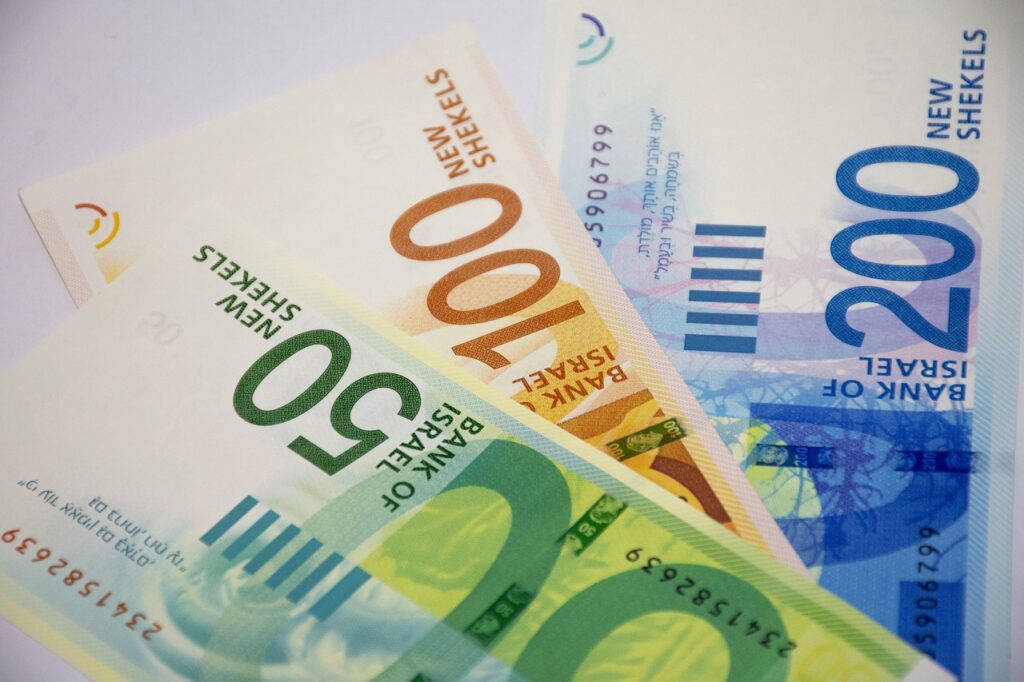Israel had the fourth best-performing economy in the world in 2022, according to the British newspaper The Economist.
The ranking was based on an overall score measured by five financial and economic indicators: gross domestic product (GDP), annual inflation and its extent, stock market performance, and government debt.
This is despite the government’s collapse, which took Israelis to the polls for a fifth time in less than four years.
The survey found that countries that are not dependent on oil and gas from Russia – like Israel and Spain, which tied for fourth place – had a better ranking than the countries that did.
Among the 34 wealthy OECD countries that were compared, Latvia and Estonia came last. In the 12 months from September 2021 to October 2022, Latvia experienced inflation of 20 percent due to its reliance on Russian energy.
“Those reliant on Vladimir Putin for fuel have truly suffered,” wrote the weekly newspaper. “In Latvia average consumer prices have risen by a fifth.”
Greece scored first place followed by Portugal, and Ireland. Meanwhile, the United States, whose economy grew at a rate of just 0.2 percent, ranked 20th.
The Israeli Finance Ministry estimates that the country’s economy has grown at a rate of 6.3 percent in 2022, following its even faster growth of over eight percent in 2021. However, the growth it has seen over the last two years was largely driven by its recovery from the COVID-19 pandemic.
This is compared to the projected GDP growth of three percent among world economies for this year due to higher inflation, energy, transportation and labor costs, according to an OECD economic outlook from September.
Israeli exports – which are about 30 percent of the country’s economic activity – have increased by over 10 percent since last year, hitting record highs of between $160 billion and $165 billion. In 2021, its exports were valued at $144 billion.
As for 2023, the Finance Ministry earlier this month cut its growth outlook for the country’s economy from 3.5 percent to three percent, because of more restrained consumer and state spending. The global economy is expected to grow at an even slower rate of about 2.2 percent, according to the OECD, which will also contribute to Israel’s slower rate of growth in 2023.
Related posts

Israeli AI Safety Tool Among TIME’S Best Inventions For 2024

TAU Team Discovers Mechanism To Eliminate Cancerous Tumors

Ashdod Port Investing In Startups As Part Of Innovation Strategy




Facebook comments